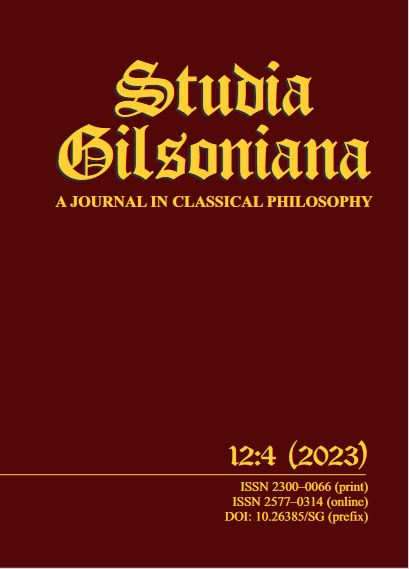Moral Principles: Criticism and Defense
Moral Principles: Criticism and Defense
Author(s): Anna KrajewskaSubject(s): Philosophy
Published by: International Étienne Gilson Society
Keywords: principle-based ethics; moral principles; decision procedure; anti-theory; supervenience; abstraction; natural cognition; consciousness
Summary/Abstract: The main purpose of this essay is to defend moral principles in the light of their critique by advocates of anti-theory in ethics. Moral principles, according to critics, cannot realize the main aim of principle-based ethics, which is providing a decision procedure. Abstract, general character of rules cannot correctly recognize an action’s moral value. The relation between normative and descriptive cannot be captured by principles. The above arguments were critically analyzed. For our moral judgments to remain rational and justifiable, they must assume the necessary relationship between what is non-moral (descriptive) and what is normative. Without that, moral evaluation would be arbitrary. Attention was drawn to the fact that rules are the result of the general (abstract) nature of human cognition, which takes place in particular situations. The principles themselves are revealed as specific regularities discerned in particular instances. The limited usefulness of principles requires the development of a moral theory to complement their deficiencies.
Journal: Studia Gilsoniana
- Issue Year: 12/2023
- Issue No: 4
- Page Range: 685-722
- Page Count: 38
- Language: English

